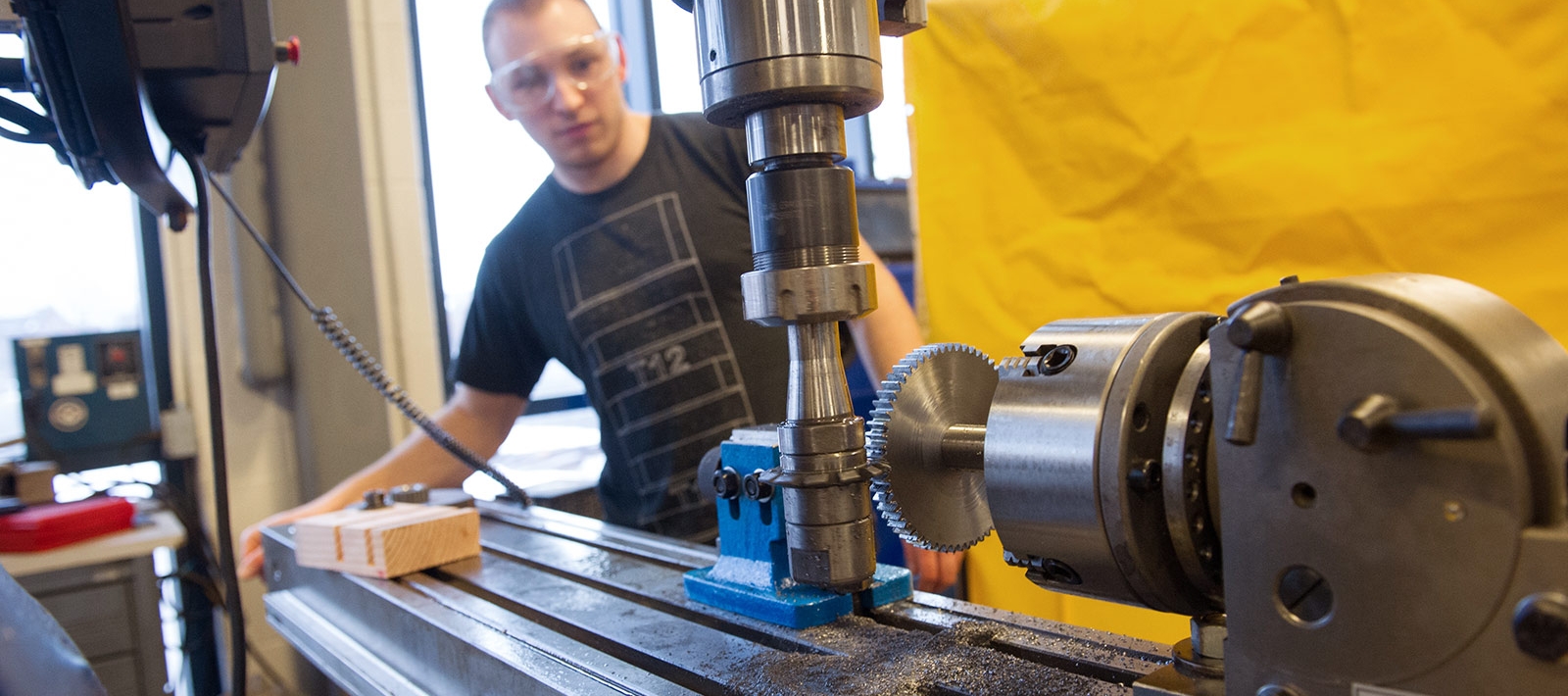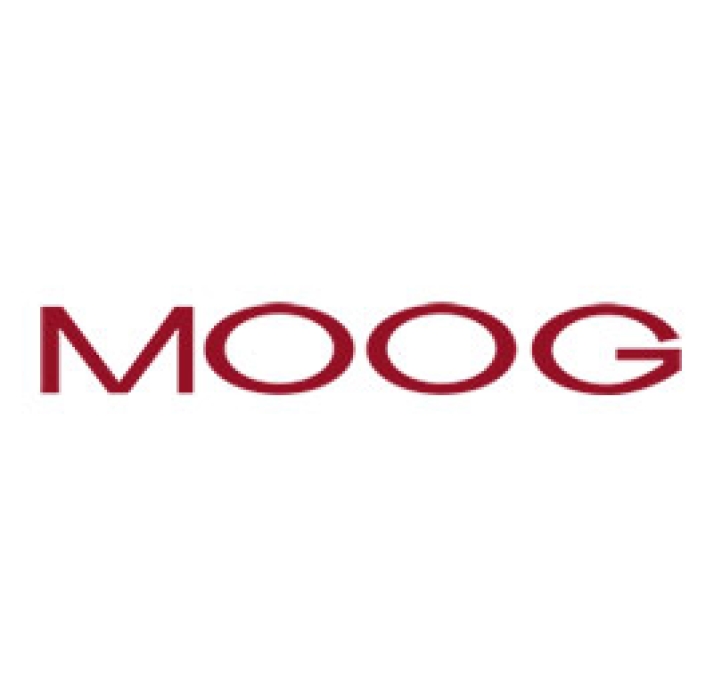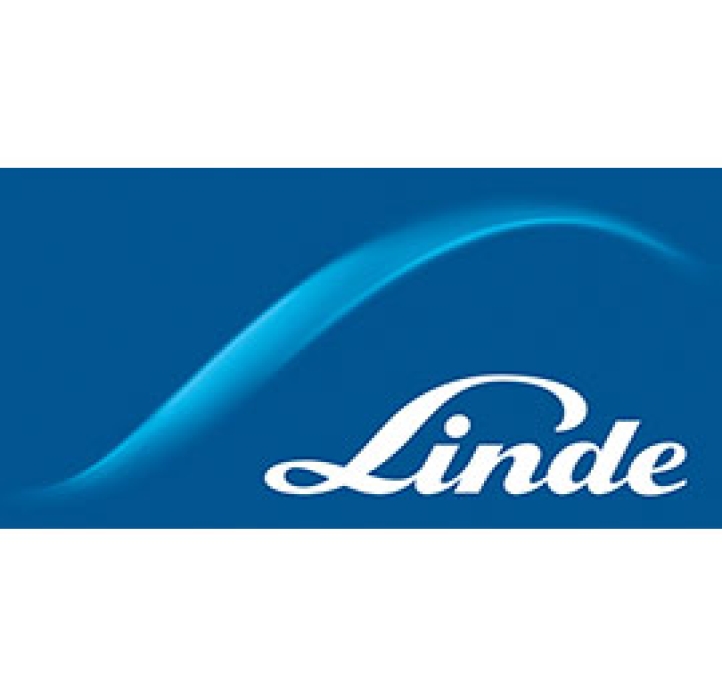
Mechanical engineering is required for virtually everything that is made, making it one of the broadest and most diverse engineering disciplines. With small class sizes, internship opportunities facilitated by expert faculty, and abundant hands-on learning opportunities, Buffalo State University produces in-demand alumni who are employed within a few months of graduation.
Degrees Offered
Mechanical Engineering Technology, B.S.: designed to give students a broad education in the areas of mechanical design, mechanics, stress analysis, thermosciences, and manufacturing.
195,000
Annual projected job openings for architects and engineers
100%
Employment rate for Buffalo State engineering technology graduates within months of graduation
$68,705
Median salary for a Buffalo State engineering technology graduate 1 year after graduation
24
Maximum class size for an engineering technology course
Who Hires Our Students?





State-of-the-Art Facilities and Technology
Our program has cutting-edge engineering labs, including CAD/CAM Design Lab, Rapid Prototyping Center, Materials Analysis & Science Lab, Material Processing Lab, and Thermal Science Lab. Buffalo State’s Mechanical Engineering Technology program utilizes these labs to solve engineering queries and provide the hands-on experience to better prepare students to enter the workforce.
International Competition
Design, build, and race off-road vehicles that can withstand harsh elements and rough terrain during the SAE Mini Baja Competition, one of the most exciting extracurricular activities open to EET majors. As a graduation requirement, EET students on our Mini Baja team use the competition as their senior project.
Outside the Classroom
Eligible students may join the student chapters of American Society of Mechanical Engineers (ASME) and National Association of Black Engineers.
Share Your Work
MET students have numerous opportunities to share and display their work at professional conferences, including Buffalo State’s annual Student Research and Creativity Conference; the SUNY Undergraduate Research Conference; MCAA Great Futures Forum; and conferences hosted by AMSE and NSBE.
Minor Options
MET majors may choose from complementary minors:
- Quality
- Safety
- Energy Systems
Graduate School Paths
Buffalo State’s MET program has an agreement with the University at Buffalo for accelerated and seamless acceptance to its Master of Science in Mechanical Engineering program.
As a mechanical engineer, you may work on:
- Automotives
- Aircraft and spacecraft
- Biotechnology-like implants and prosthetic devices
- Computers and electronics
- Energy conversion devices like wind turbines
- Environmental control devices like air conditioners
- Automation and robotics
- Manufacturing machinery
The list of mechanical engineering careers is almost endless. Suffice it to say that no matter what interests you —cars, planes, trains, or computers —there is a Mechanical Engineering Technology application for it. Disciplines within mechanical engineering include but are not limited to:
- Acoustics
- Aerospace
- Automation
- Automotive
- Energy
- Ergonomics
- Human Health
- Industrial Design
- Manufacturing and Additive Manufacturing
- Mechanics
- Nanotechnology
- Production Planning
- Robotics
- Structural Analysis
Accreditation

The Mechanical Engineering Technology program is accredited by the Engineering Technology Accreditation Commission of ABET, under the commission’s General Criteria and Program Criteria for Mechanical Engineering Technology and Similarly Named Programs.
